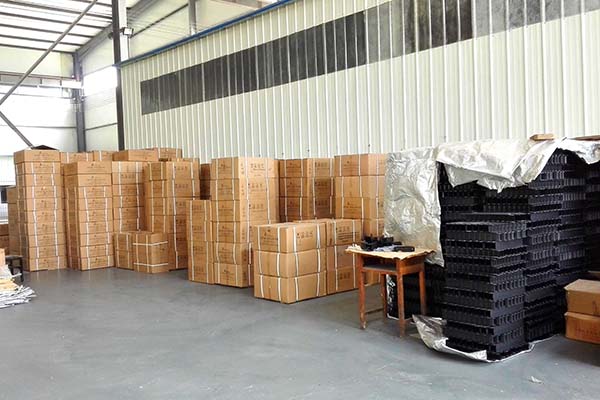Custom Bellows Solutions for CNC Machines Enhancing Durability and Performance
Understanding the Importance of Bellows for CNC Machines
CNC (Computer Numerical Control) machines have transformed the landscape of modern manufacturing, allowing for precision and efficiency that manual machining could never achieve. Essential to their optimal operation, however, are various components that contribute to their performance, longevity, and functionality. Among these components, bellows play a crucial role, often overlooked, yet vital to the integrity of the machinery.
What are Bellows?
Bellows are flexible, accordion-like structures made from materials such as rubber, plastic, or metal, designed to expand and contract. They serve multiple purposes, but their primary role in CNC machines is to provide protection. They shield sensitive components from dust, chips, coolant, and other contaminants that might compromise the machine's precision and operation. The environment in which CNC machines operate can be harsh, making bellows an essential protective measure.
The Role of Bellows in CNC Machines
1. Protection from Contaminants During machining processes, substantial metal shavings, coolant, and other debris can accumulate. Bellows act as barriers to prevent these contaminants from infiltrating moving parts, especially components like linear guides and ball screws, which are critical for the machine's functionality.
2. Maintaining Precision The integrity of a CNC machine's moving parts is essential for maintaining precision. If debris enters these areas, it can cause wear and tear or even lead to catastrophic failures. Bellows help maintain the cleanliness of these sensitive areas, thus preserving the machine's accuracy and reliability.
3. Improved Longevity By protecting various components, bellows can significantly extend the lifespan of a CNC machine. Regular wear and tear from exposure to contaminants can shorten machine life and increase maintenance costs. With bellows in place, the risk of damage is minimized, allowing the machine to operate smoothly over a more extended period.
bellows for cnc machine

4. Flexibility and Range of Motion CNC machines often have parts that move in multiple directions. Bellows accommodate this movement without hindrance. They can expand and contract as needed, providing the required flexibility while still offering protection.
5. Customization Different CNC setups may require unique considerations regarding size, shape, and material characteristics. Bellows can be customized to fit specific applications and environments, ensuring that each machine is adequately protected regardless of its operational specifics.
Choosing the Right Bellows
Selecting the optimal bellows for a CNC machine requires an understanding of the machine's operational environment and the specific risks it faces. Factors like temperature, exposure to chemicals, and the type of contaminants present should influence the choice of materials and design. For instance, machines operating in high-temperature environments may require bellows made of heat-resistant materials.
Maintenance Considerations
While bellows are designed for durability and protection, they are not maintenance-free. Regular inspections are essential to ensure that they remain intact and functional. Any signs of wear, cracks, or tears should be addressed immediately to prevent contamination of machine components.
Conclusion
In summary, bellows may appear as simple components of CNC machines, but their impact is profound. They provide essential protection, prolong machine life, and maintain operational precision. Understanding their importance is crucial for anyone involved in CNC machining, whether they are operators, technicians, or engineers. As the industry continues to evolve, recognizing and investing in the right components, including bellows, will be imperative for achieving success in modern manufacturing processes.








